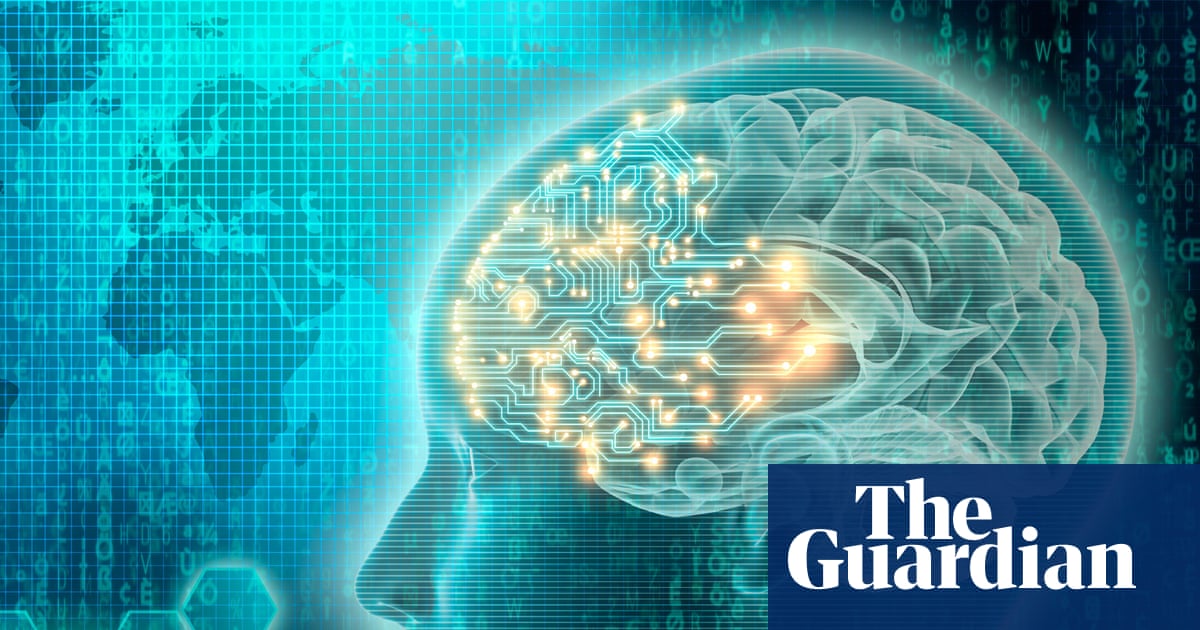
"Unesco has adopted a set of global standards on the ethics of neurotechnology, a field that has been described as a bit of a wild west. There is no control, said Unesco's chief of bioethics, Dafna Feinholz. We have to inform the people about the risks, the potential benefits, the alternatives, so that people have the possibility to say I accept, or I don't accept'."
"She said the new standards were driven by two recent developments in neurotechnology: artificial intelligence (AI), which offers vast possibilities in decoding brain data, and the proliferation of consumer-grade neurotech devices such as earbuds that claim to read brain activity and glasses that track eye movements. The standards define a new category of data, neural data, and suggest guidelines governing its protection."
UNESCO adopted global standards on the ethics of neurotechnology and defined neural data as a distinct category requiring protection. The standards offer more than 100 recommendations ranging from rights-based protections to guidance on speculative scenarios, such as companies using neurotechnology to subliminally market to people during dreams. The standards were motivated by advances in artificial intelligence for decoding brain data and by the spread of consumer-grade neurotech devices like earbuds and eye-tracking glasses. The standards assert the inviolability of the human mind. Major investments in neurotech and calls for regulation, including a privacy framework from the World Economic Forum and the US Mind Act, are increasing.
Read at www.theguardian.com
Unable to calculate read time
Collection
[
|
...
]